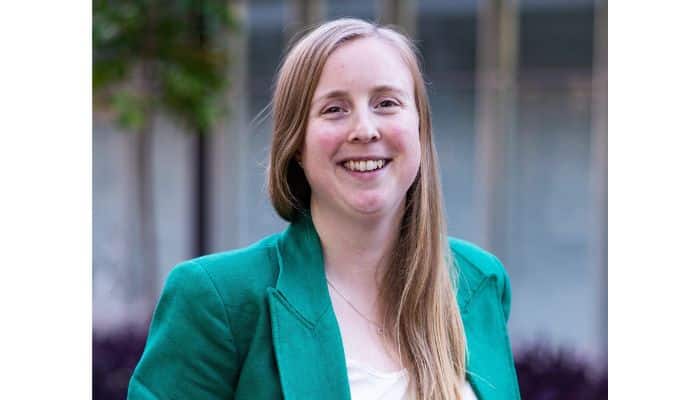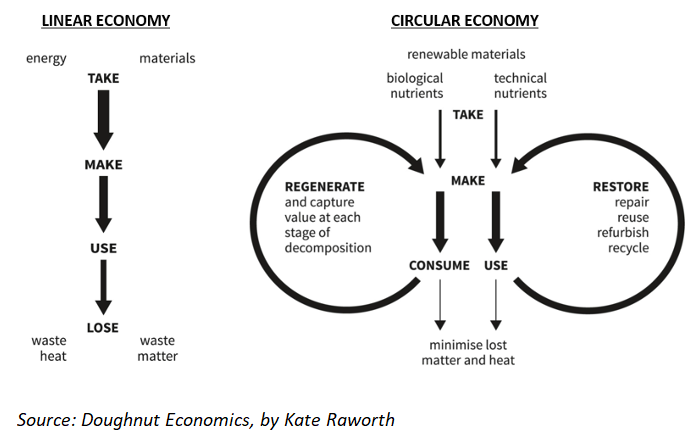Opportunity, not obstacle
As the audience at Circularity were reminded by the former chief executive of Australia’s CSIRO, Larry Marshall, sustainability is “not a tax – it’s an opportunity for growth”.
A key part of ANZ’s climate and environment strategy is to support household, business and financial practices that improve environmental sustainability. As a bank, we know the right kind of financing can support many solutions on the path to net zero emissions. Decarbonisation activities, including leaning into renewable energy opportunities, optimising energy efficiency and embracing electrification, are top of mind for many businesses and their leaders.
Opportunities in nature supportive activities such as reforestation and pollution removal continue to grow. Vitally, circular economy activities, such as supporting the sharing, maintenance, reuse, refurbishment and recycling of products, continue to be an increasing area of focus.
Riding the wave
Embracing the circular model won’t be easy, but change is already happening. With businesses large and small rolling out circular economy solutions, the question is no longer ‘how do we catch the wave?’, but rather, ‘how do we ride it to prosperity?’.
Better commercialisation pipelines are crucial. The business community has an opportunity to work more closely with our world-leading scientists, ensuring research and innovation can be commercialised quickly and efficiently.
Some areas are easier to tackle than others. Plastic recycling and food waste are simple wins for businesses looking to meet public expectations around climate, nature and circularity.
These opportunities are more easily achieved when approached cooperatively. As the Circularity 2024 attendees were told, the world needs partnerships if the promise of circularity is to be achieved.
Make no mistake, there will be serious challenges along the way to a net-zero carbon, nature-positive and circular economy. But with the right solutions – and the right partners – opportunities for sustainable growth continue to emerge.
Holly Taylor is an Associate Director of Sustainable Finance at ANZ Institutional functional!


